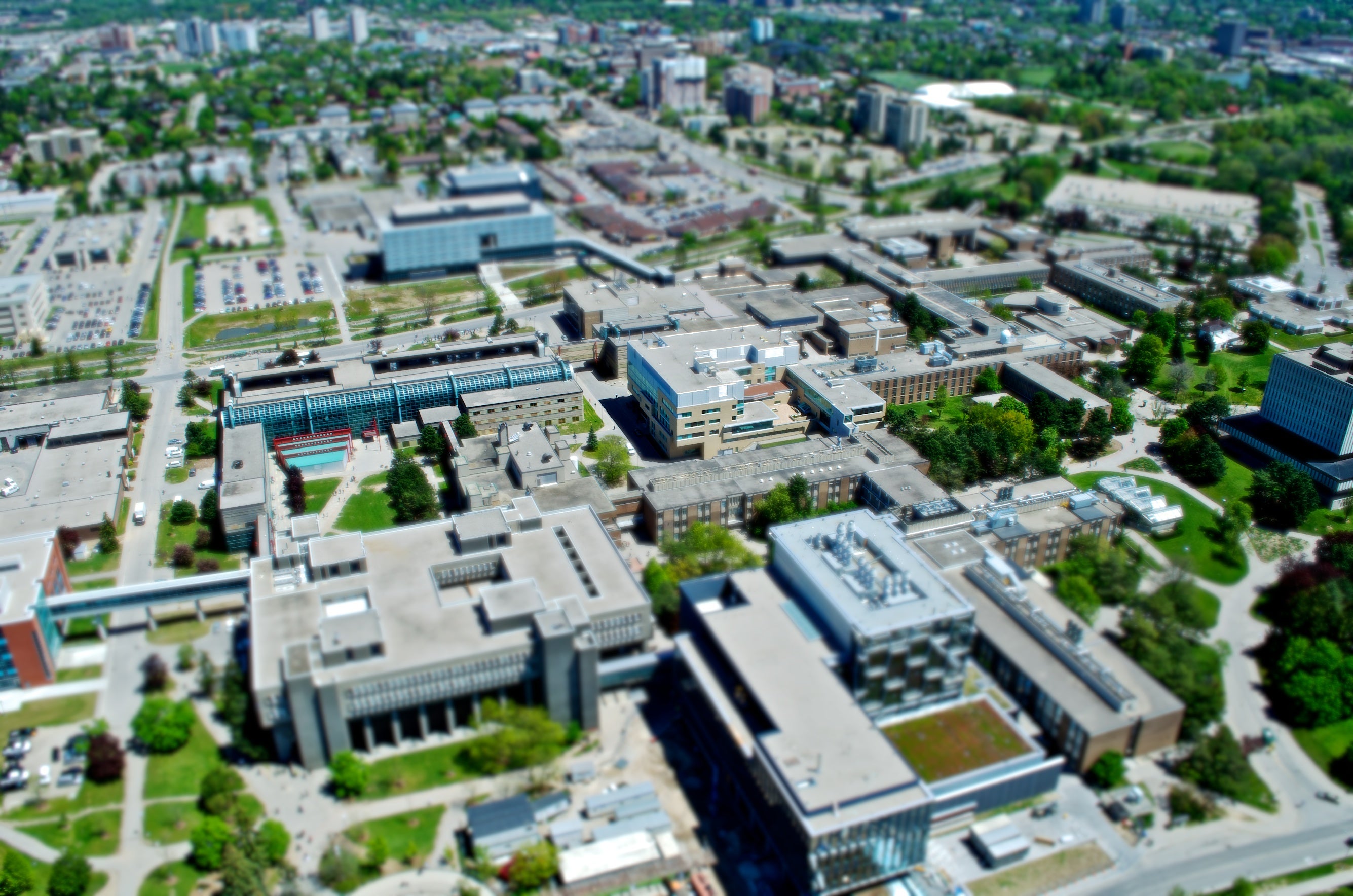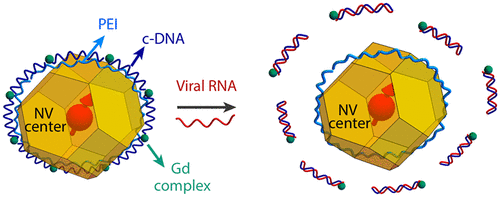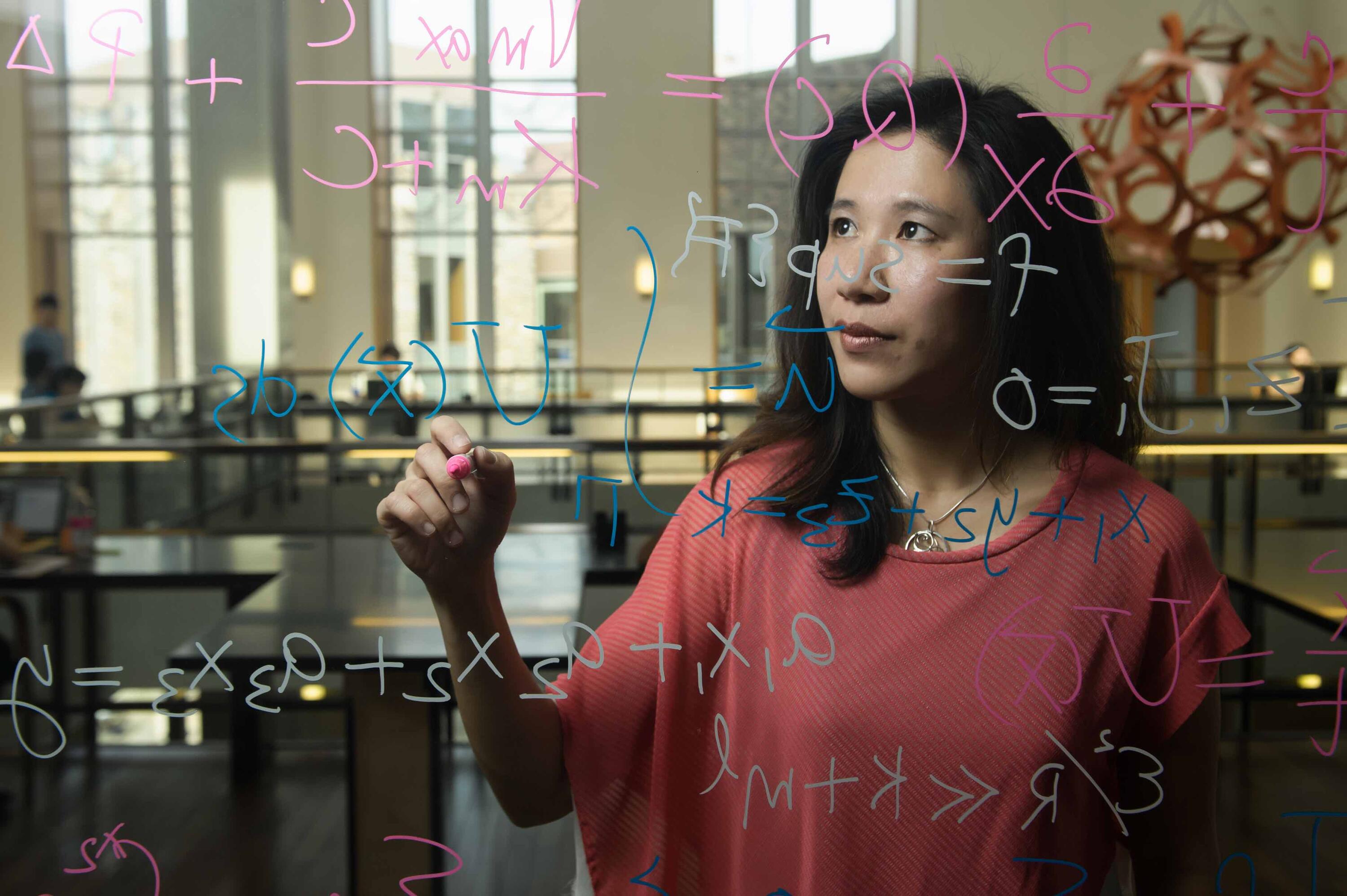New funding portal for researchers in the Faculty of Mathematics

Pivot-RP is a new searchable database of research funding opportunities for Waterloo researchers, purchased and supported by the Office of Research and launched in August 2021.

Pivot-RP is a new searchable database of research funding opportunities for Waterloo researchers, purchased and supported by the Office of Research and launched in August 2021.

A team of computer scientists has developed a new system that recognizes near-keyboard hand gestures to expand laptop interaction.
The new technology is an innovation in the field of human-computer interaction and allows users to give commands that would otherwise involve keyboard shortcuts or mouse round-trips.

Researchers from the Department of Applied Mathematics are part of a team developing new testing technology for SARS-CoV-2, the virus that causes COVID-19.

Researchers linked with the Faculty of Mathematics are partnering on projects supported through the National Research Council (NRC).
NRC-sponsored projects underway at Waterloo are making breakthroughs in artificial intelligence, the internet of things and cybersecurity. The NRC and University of Waterloo collaboration will help position Canada as a global leader in these future-relevant areas.

Distinguished Professor Emerita Mary Thompson and professor Changbao Wu from the Department of Statistics and Actuarial Science are part of a research team conducting a project on how policies impact smoking, vaping and the use of other nicotine products.

A new series of research projects funded by the Canadian Institute for Health Research and the Kidney Foundation aim to improve outcomes for people living with diabetes.

Alfred Yu, a cross-appointed professor in applied mathematics, has won the prestigious Steacie fellowship for his research in ultrasound technology.
Yu's expansive body of research covers areas in bioengineering, computer engineering, nanotechnology and AI.

Researchers at the Cheriton School of Computer Science have developed a data-efficient pretrained transformed-based neural language model to analyze eleven African languages.
Their new neural network model, which they have dubbed AfriBERTa, is based on BERT — Bidirectional Encoder Representations from Transformers — a deep learning technique for natural language processing developed in 2018 by Google.
Researchers in the Cheriton School of Computer Science are incorporating a deep learning network into a more accurate method for identifying disease biomarkers.
The new method achieves up to 98 percent detection of peptide features in a dataset. That means scientists and medical practitioners have a greater chance of discovering possible diseases through tissue sample analysis.
A team of applied mathematicians at the University of Waterloo have developed a new method that uses artificial intelligence to foresee the most likely mutations of pathogens like SARS-COV-2, the virus that causes COVID-19.
The new research has implications for the rapid development of vaccines, treatments and diagnostic tests that would be much less likely to be impacted by new or emerging variants of concern.